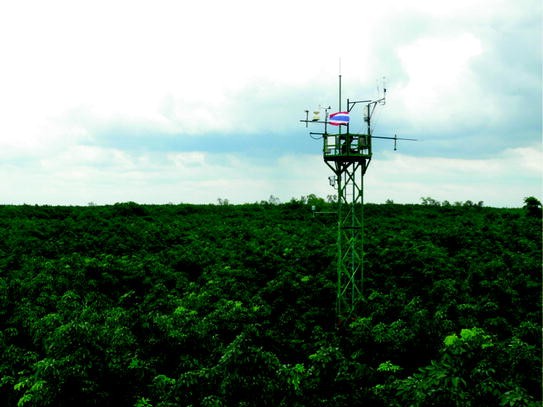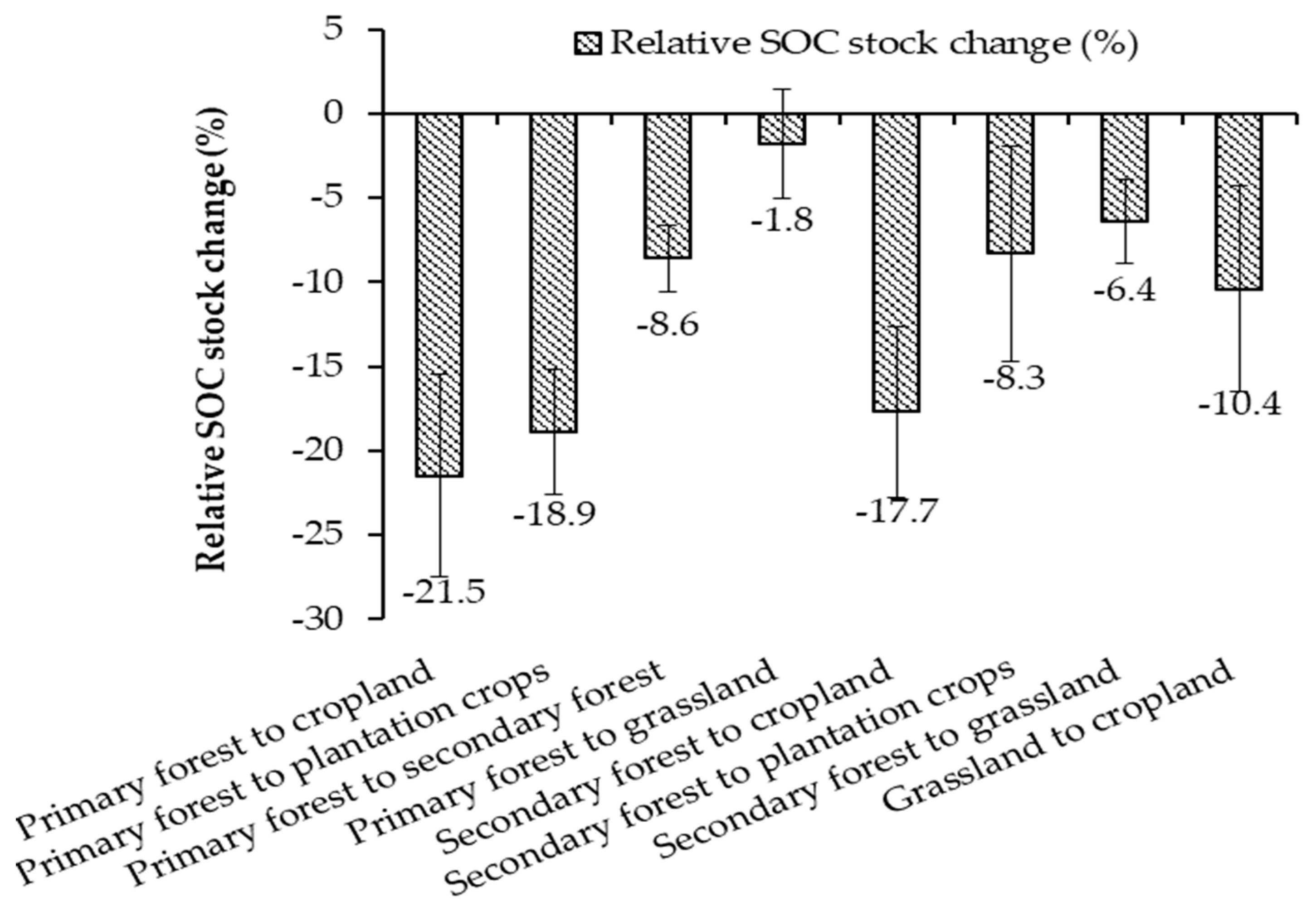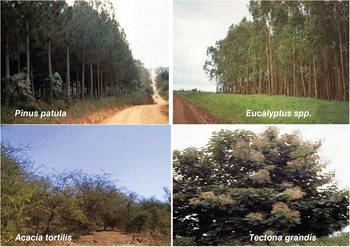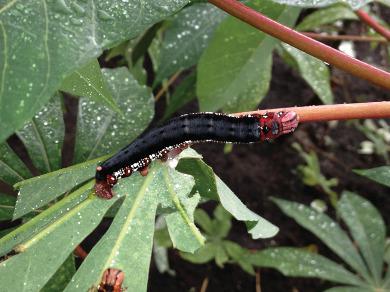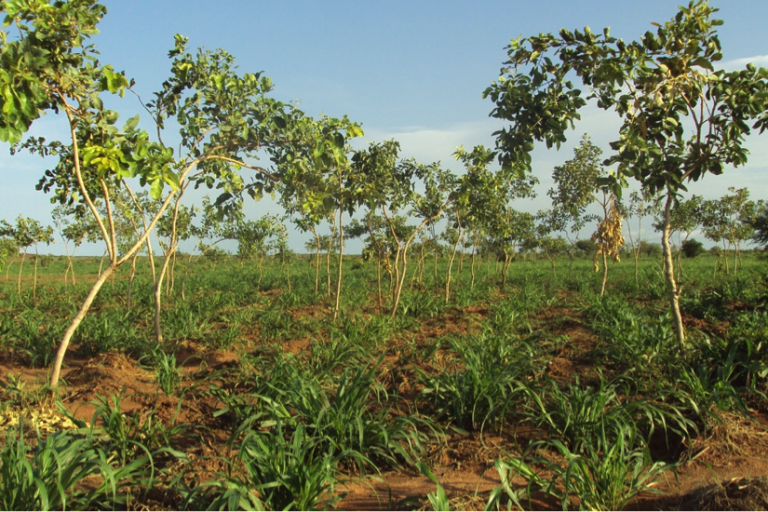Pest And Disease Management In Rubber Plantation

Aphids and mealy bugs are soft bodied insects that pierce plant tissue and feed on cell sap.
Pest and disease management in rubber plantation. Rubber tree ficus elastica is an impressive plant with huge shiny leaves but this cold sensitive plant survives outdoors only in very warm climates for this reason it is usually grown indoors. The plant originates from china. These are minute organisms with four pairs of legs. Although they are large tree in the wild rubber trees respond well to pruning and can be kept quite small if trimmed regularly.
Attention is drawn in the preface to the fact that the future of plantation rubber is largely dependent on the effective control of disease and that the importance of this factor. When the infestation is severe apply sevin 5 at the rate of 10 kg per ha or ekalux 1 5 or fenval 0 4 dust at the rate of 7 kg per ha provisional recommendation with a power duster. Plant supports vegetable supports trellises tomato cages supports flower supports trellises plant support accessories pest disease controls fences barriers animal controls insect controls plant disease controls seeds plants seed starting pots kits organic seeds flowers perennials vegetables fruits. Although healthy rubber tree plants tend to be pest resistant they can be infested by several sap sucking pests.
If properly cared for few pests or diseases seriously threaten rubber trees. Tea tree can reach up to 15 m 49 ft in height and can live anywhere between 30 and 50 years. Most of the major diseases of hevea brasiliensis are of worldwide distribution with the notable exception of south american leaf blight against which strict quarantine regulations are enforced by rubber growing countries outside the americas to prevent the unauthorised import of hevea but their local severity and importance vary from one region to another. Plant problems stock images pests and diseases such as insects slugs fungal disease rot blossom end disease on tomato vegetables leaf mildew powdery mildew aphids whitefly plant virus scale insects organic gardening methods of insect control pesticides caterpillars houseplant mealybug insect traps gypsy moth infestations tent caterpillars deer in the garden pictures of.
The tea plant can take the form of a tree with a bowl shaped canopy but is usually pruned under cultivation to be smaller and shrub like. The plant produces fragrant white flower singly or in small clusters. They suck the sap from the leaves resulting in crinkling and shedding. However if weakened by overwatering or dark conditions they can be afflicted by.


















